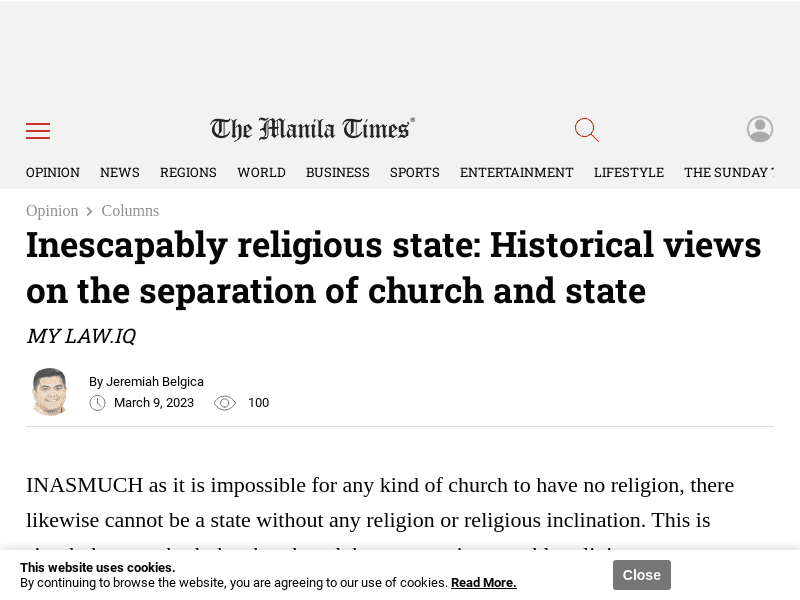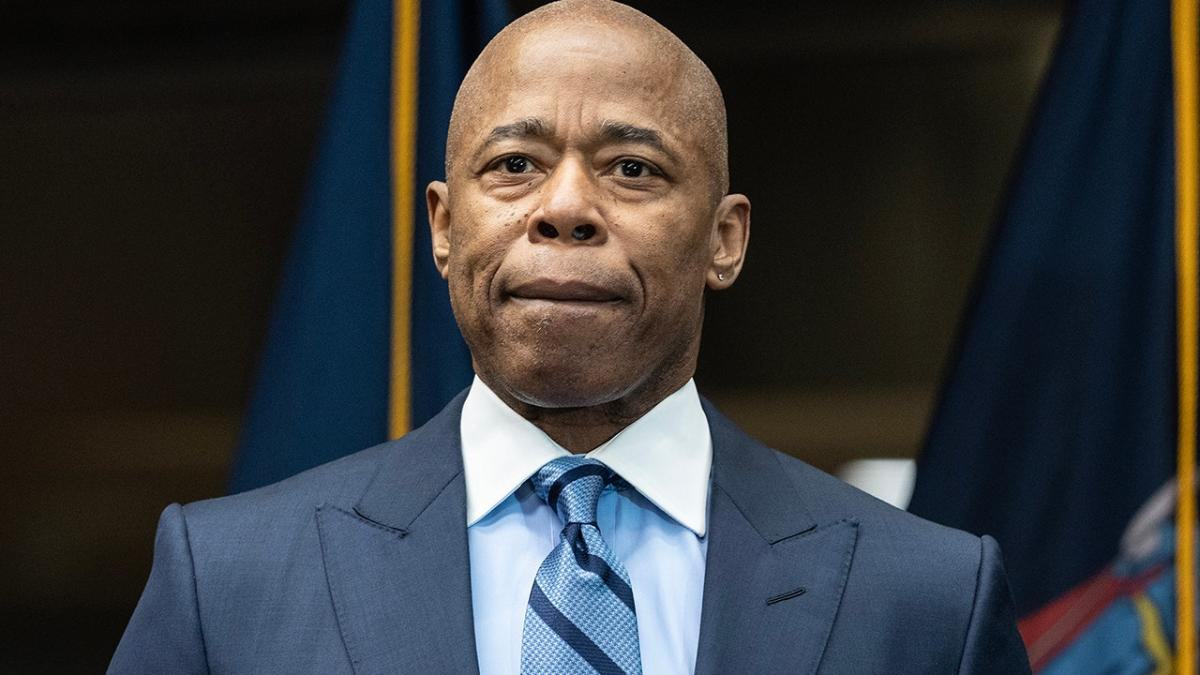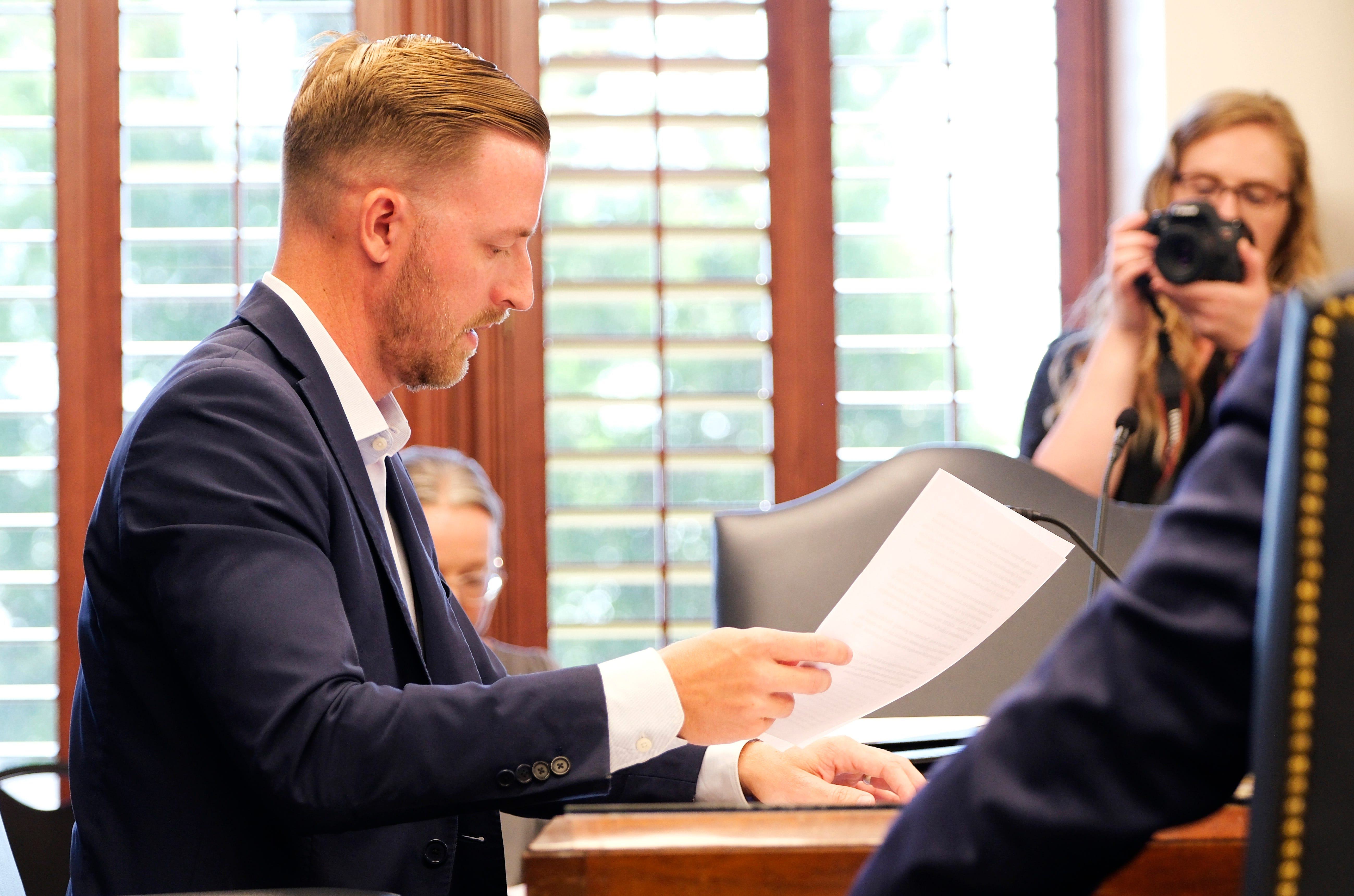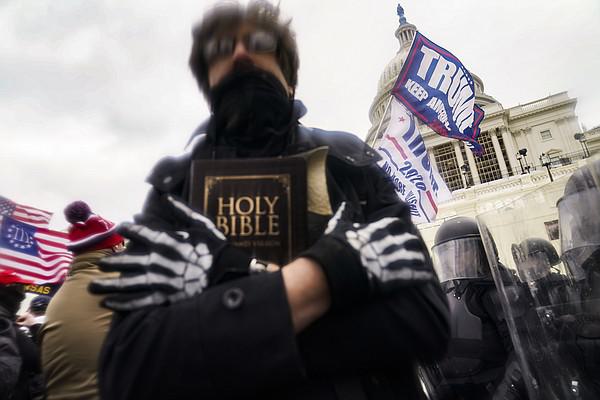Original Source:
This article was originally published on
https://www.manilatimes.net
Inescapably religious state: Historical views on the separation of church and state
INASMUCH as it is impossible for any kind of church to have no religion, there likewise cannot be a state without any religion or religious inclination.


Open
>



